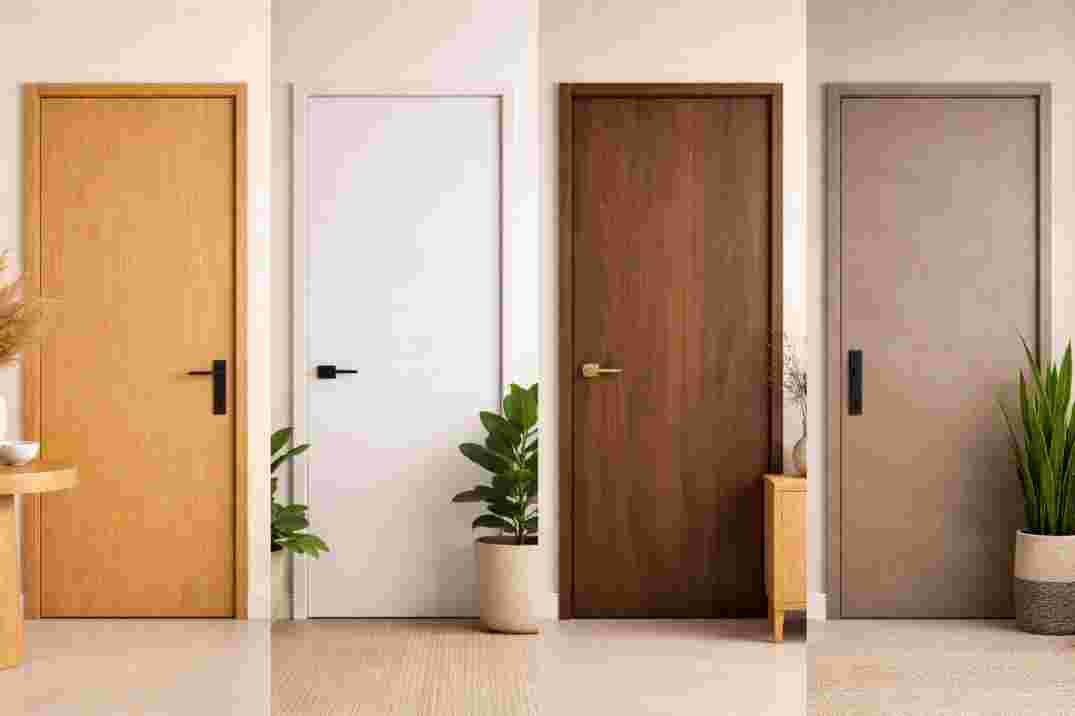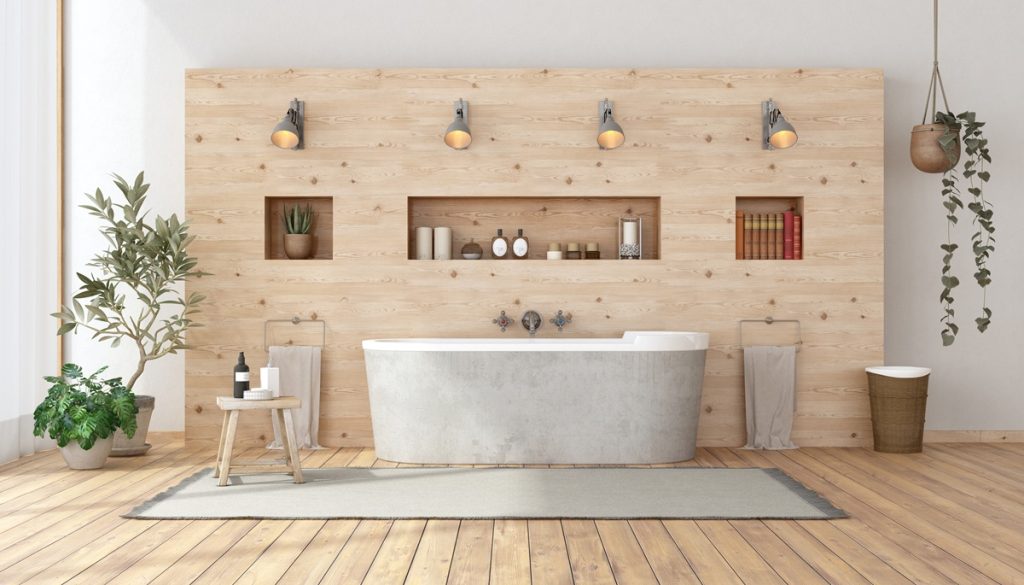
🥇India mein pehli baar - ONLY Calibrated Ply, Life-time guarantee ke saath!

In the world of construction and woodworking, selecting the right materials is crucial for ensuring durability and longevity, especially when dealing with moisture-prone environments. Marine plywood is one such material that stands out for its exceptional resistance to water and other environmental factors. In this guide, we’ll dive deep into the world of marine plywood, exploring its characteristics, applications, advantages, and considerations for using it in your projects.
Table of Contents
Toggle
Marine plywood is a type of engineered wood product specifically designed for use in marine environments or other high-moisture applications. It is made from durable, high-quality wood veneers bonded together with waterproof adhesive. Unlike traditional plywood, marine plywood is manufactured to meet stringent standards for moisture resistance, strength, and durability.
The primary advantage of marine plywood is its exceptional moisture resistance. Unlike standard plywood, which can delaminate and degrade when exposed to water, marine plywood maintains its structural integrity and strength even in wet environments. This makes it ideal for applications such as boat building, docks, bridges, and outdoor furniture.
Marine plywood is designed to withstand the harsh conditions of marine environments, including exposure to saltwater, sunlight, and extreme temperatures. Its high-density construction and waterproof adhesive ensure that it remains stable and reliable over time, with minimal risk of warping, swelling, or decay.
The dense hardwood veneers used in marine plywood provide excellent strength and stability, making it suitable for structural applications where load-bearing capacity is essential. It can be used for framing, decking, subflooring, and other critical components in construction projects.
While marine plywood is commonly associated with marine applications, its versatility extends beyond boat building. It can be used in a wide range of indoor and outdoor projects where moisture resistance and durability are required. From kitchen cabinets and bathroom vanities to outdoor furniture and playground equipment, marine plywood offers a reliable solution for various applications.
Despite its functional benefits, marine plywood also offers aesthetic appeal. Its smooth, uniform surface provides an excellent base for painting, staining, or veneering, allowing for a wide range of design possibilities. Whether you prefer a natural wood finish or a custom paint job, marine plywood can enhance the visual appeal of your projects.
Upgrade your spaces with Wigwam’s marine-grade plywood, trusted by professionals across India.
As its name suggests, marine plywood is a staple material in boat construction. It is used for hulls, decks, bulkheads, and other structural components due to its unmatched durability and moisture resistance. Marine plywood ensures that boats remain strong and seaworthy even in harsh marine environments.
Marine plywood is well-suited for outdoor construction projects where exposure to moisture is a concern. It can be used for decks, fences, pergolas, and other outdoor structures that require durability and weather resistance. Marine plywood’s ability to withstand rot, fungal growth, and insect damage makes it an excellent choice for outdoor applications.
In residential and commercial settings, marine plywood is commonly used in wet areas such as bathrooms, kitchens, and laundry rooms. It serves as a reliable substrate for tiles, countertops, and cabinetry, providing long-lasting protection against water damage and mould growth.
Marine plywood’s strength, stability, and aesthetic appeal make it a popular choice for furniture and cabinetry. It can be used to build sturdy tables, chairs, cabinets, and shelving units that withstand everyday use and moisture exposure. Marine plywood’s smooth surface also allows for seamless integration into various interior design styles.
In playground construction, safety and durability are paramount. Marine plywood is often used to build play structures, climbing walls, and seating areas due to its strength, stability, and resistance to moisture and decay. It provides a safe and reliable foundation for children to play and explore outdoors.
While marine plywood offers numerous advantages, there are some considerations to keep in mind when using it in your projects:
Learn more about choosing the right marine plywood for your next project with Wigwam’s expert guidance.
Marine plywood is a versatile and reliable material that offers exceptional durability and moisture resistance. Whether you’re building a boat, outdoor structure, or indoor furniture, marine plywood provides the strength, stability, and longevity needed to withstand the elements. By understanding its characteristics, advantages, and applications, you can confidently incorporate marine plywood into your projects, knowing that you’re choosing a high-quality material that will stand the test of time.
Experience unmatched durability and water resistance with Wigwam Ply’s marine plywood, built for excellence.